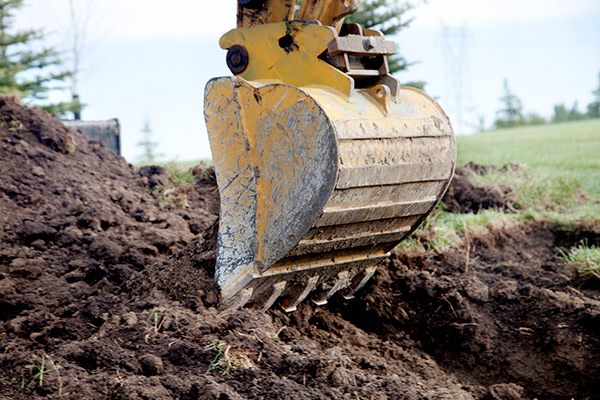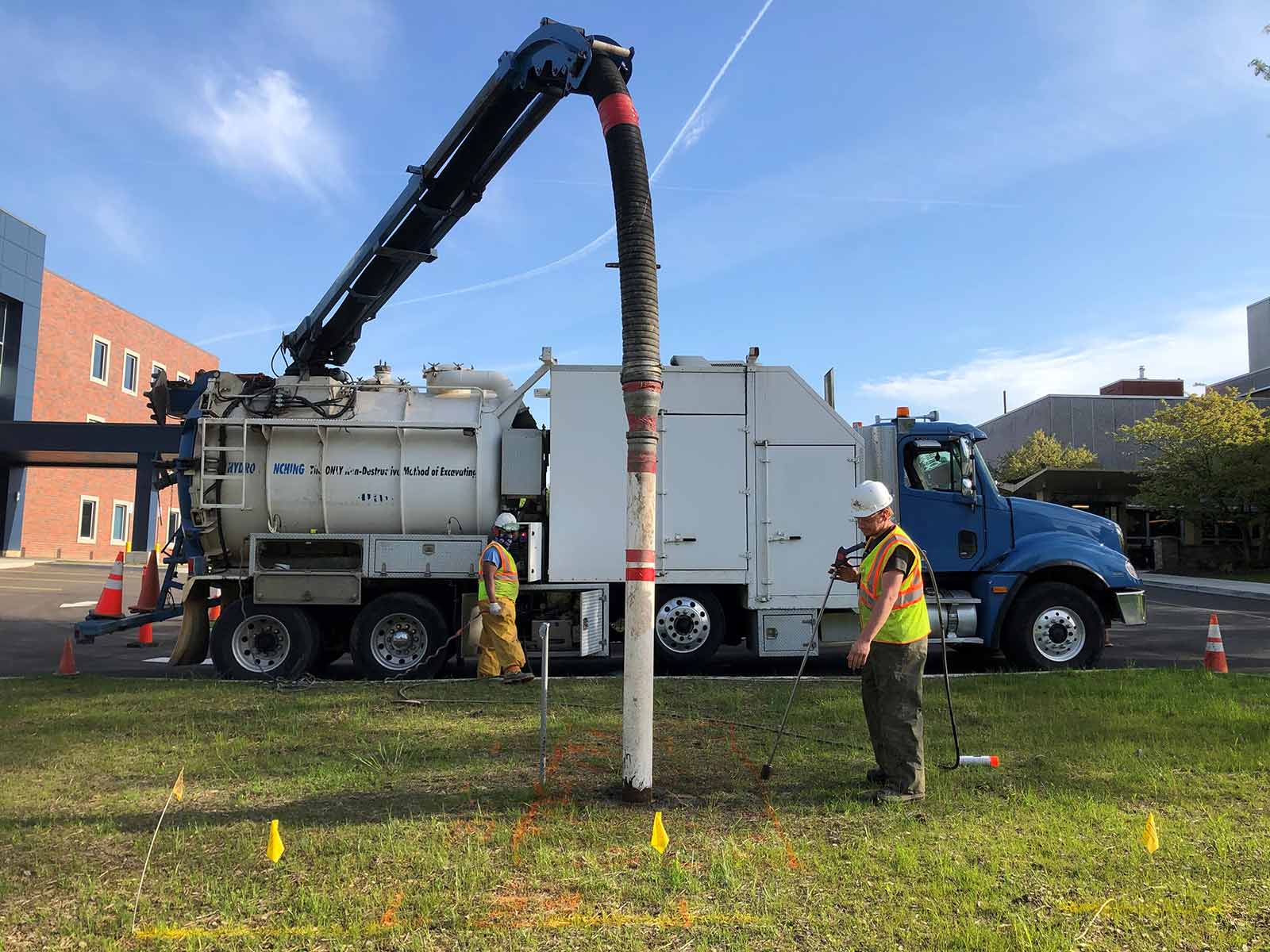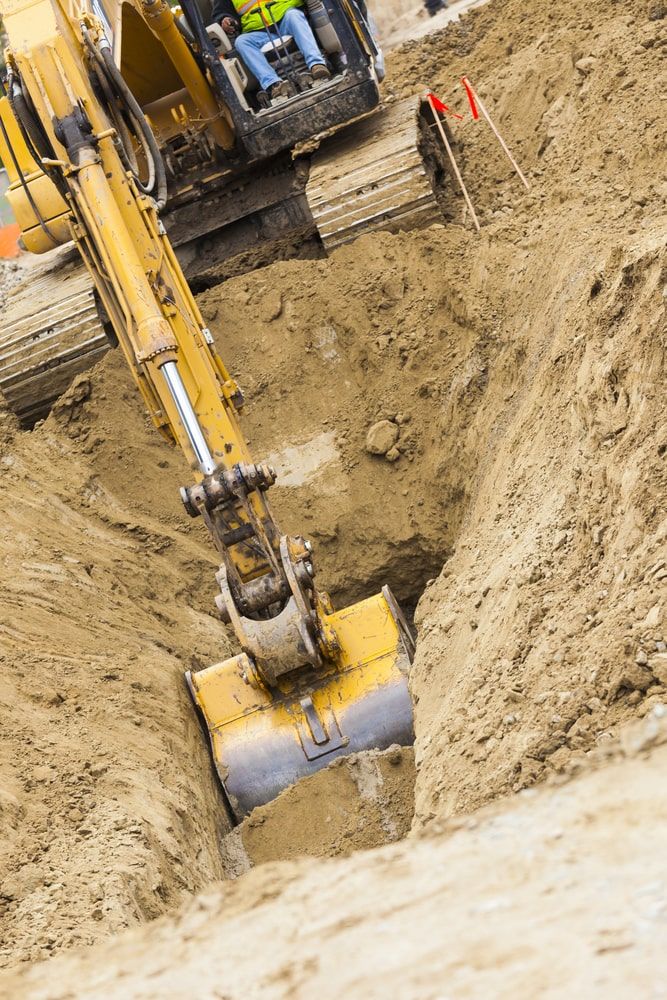Comprehensive Excavation Methods: Grasping the Fundamentals for Success
The careful preparation, accurate implementation, and thorough attention to detail required in excavation tasks require a thorough strategy that includes different fundamental aspects. The real proficiency lies not merely in understanding these principles yet in effortlessly incorporating them to navigate the complexities of excavation projects with skill.
Recognizing Excavation Job Planning

Effective excavation projects are developed on the foundation of thorough and careful preparation. The initial phase of any kind of excavation project is the preparation stage, where crucial choices are made that can considerably influence the result of the task. During this phase, it is vital to collect all relevant info concerning the site, consisting of topographical surveys, soil composition, and any type of potential dangers that may exist. Recognizing the job range, spending plan, and timeline restrictions is essential for producing a thorough excavation strategy that guarantees the job's success.
One trick element of excavation job preparation is the growth of a thorough timeline that lays out the series of tasks, turning points, and due dates. This timeline offers as a roadmap for the job group, enabling them to track progress and make needed changes to guarantee the job remains on timetable. In addition, a well-defined budget that makes up all costs, including tools leasing, labor prices, and products, is necessary for preventing cost overruns and hold-ups. By thoroughly considering all these variables during the drawing board, excavation tasks can be implemented effectively and effectively, bring about successful end results.
Soil Evaluation and Site Analysis
Carrying out extensive dirt evaluation and site examination is a vital action in the prep work stage of any excavation job. Soil analysis includes establishing the composition, structure, and buildings of the dirt at the excavation site. This information is essential for comprehending the dirt's bearing ability, dampness web content, and potential for erosion, which are essential consider establishing the excavation methods and equipment needed for the job.
Website analysis goes beyond soil analysis and includes a wider analysis of the total website conditions. This assessment consists of identifying any possible threats, such as underground energies, environmental issues, or unpredictable surface, that might impact the excavation process. By completely evaluating the site, task managers can create effective excavation strategies that prioritize security, performance, and environmental defense.
Making use of innovative technologies like ground-penetrating radar, dirt tasting, and drone surveys can enhance the precision and effectiveness of soil evaluation and website assessment. Investing time and resources in these preliminary steps can ultimately save time and protect against costly hold-ups or issues throughout the excavation process.
Devices Option and Utilization
Reliable excavation projects rely greatly on critical equipment selection and utilization to guarantee optimum performance and productivity. Choosing the right devices for the job is essential in optimizing efficiency and decreasing downtime. Factors such as the sort of soil, deepness of excavation, and project range play a significant function in useful site determining one of the most suitable devices for the job at hand.

Along with selecting the appropriate tools, correct application is key to project success. Operators must be educated straight from the source to handle the devices securely and effectively - excavating ohio. Regular upkeep checks and timely repair work help prevent failures and guarantee regular performance throughout the task
Security Procedures and Laws Compliance
In the realm of excavation projects, prioritizing precaution and compliance with policies is paramount to guaranteeing a secure and lawfully audio operational atmosphere. Precaution incorporate an array of practices, including performing comprehensive website evaluations, applying proper signs and barriers, and supplying ample safety and security training for all employees associated with the excavation process. Adherence to laws, such as OSHA demands in the USA, makes certain that the excavation project satisfies the essential standards to protect workers, spectators, and the surrounding environment.

Surveillance Development and Adjusting Techniques
How can predict managers properly track the development of excavation jobs and adapt their techniques accordingly to optimize end results? Tracking progression is important for making certain that excavation jobs remain on track and fulfill due dates.

Conclusion
To conclude, understanding the basics of extensive excavation strategies is essential for the success of any kind of job. By understanding project preparation, evaluating dirt and site conditions, selecting proper equipment, abiding by security regulations, and checking progress, project supervisors can ensure a reliable and smooth excavation process. Implementing these approaches will result in effective outcomes and reduce possible risks or obstacles throughout the excavation project.
The preliminary stage of any excavation job is the preparation stage, where important decisions are made that can dramatically impact the end result of the project. Recognizing the project timeline, extent, and budget restrictions is critical for creating an extensive excavation plan that makes sure the task's success.
Just how can project managers effectively track the improvement of excavation jobs and adjust their approaches as necessary to maximize outcomes? By closely keeping an eye on development and being eager to adjust strategies, project managers can enhance the overall success of excavation projects.
By understanding job planning, assessing dirt and site conditions, choosing proper tools, conforming with safety laws, and keeping track of progression, job supervisors can ensure a reliable and smooth excavation process.